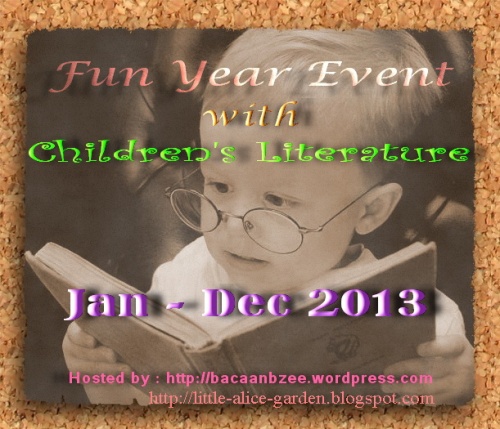 |
| Alfie Boe as Jean Valjean (Les Miserables musical) |
At first I didn't want
to choose him at all. He's a complex character, and I always feel
that I won't be able to fully describe or express my thoughts and
feelings about him. There's no other way to know him except by
reading all volumes of Les Miserables.
It's a long story about change in a man's life.
Jean
Valjean is an ex-convict who tries to find a new life – an honest
life – despite being widely misjudged by people. When he went out
of jail for the first time, he had great hatred for the world,
thinking that the world hates him as well. But Myriel opens his eyes
and makes him see that there is still a chance for him to have a good
and respectable life just as any other people. Jean then chooses to
lead a good life from that moment, although doing such thing is never
easy, especially for him.
If
there's something that makes me love him so it is that he's a normal
human being, just like Javert. There are battles inside his heart,
especially when things are not to his advantage. I remember
muttering, “Jean, please do what is right,” when he must choose
between revealing or not revealing his identity. When he actually
does, I'm so proud of him.
 |
| Guillaume Depardieu (as Jean Valjean) |
His
acts of kindness always touches my heart. Even the way he deals with
little Cosette warms my bosom. Has he ever taken care of a child
before, perhaps his sister's? Perhaps. But it's his promise to
Fantine that makes him very tender and kind to Cosette. The way he
cares for Marius, whom he doesn't really like, by the way (fathers
always see young men as threats to their daughters), makes me think,
“Jean, you don't have to do it this far.”
There's
something interesting about it, actually. In his mind, Jean thinks
that it'd be good for Marius to die. Well, he's going to England with
Cosette anyway. But somehow he ends up being there in the barricade,
'just to see how things are going'. The results: he settles things up
with Javert, and he saves Marius in order to assure Cosette's future.
What a man!
I
also love how he follows his conscience, no matter how hard it is for
him. Again, the Chmpmathieu incident would be a good example. Also
when he has the chance to kill Javert, and he doesn't is touching for
me. This man makes me think of Myriel's word:
“To
be a saint is the exception; to be an upright man is the rule. Err,
fall, sin if you will, but be upright... The least possible sin is
the law of man. No sin at all is the dream of the angel. All which is
terrestrial is subject to sin. Sin is a gravitation.”
Well,
Jean tries his best to be upright.
The
bad things about him, the things that annoy me are these: First, he
doesn't speak much. I feel like Hugo doesn't give him a chance to
express himself fully to people around him. Even the musical gives
him more dialogues. It makes me sad to see how people do good things,
but others are ignorant of that.
 |
| Liam Neeson as Jean Valjean |
Second,
he has tendency to admit his guilt and conceal his virtues. This is
seriously annoying. When he admits that he is Jean Valjean to save
Champmathieu, for example, he doesn't bother to explain the Bishop's
gift etc. When he confesses to Marius, he doesn't bother to tell him
all the good things he has done for Cosette and Marius as well. He
might think that people won't believe him anyway. But what I fear is
that he might think that all the good things that he has done still
cannot pay for his sins.
“I
do not know whether the person who gave them to me is pleased with me
yonder on high. ”
He
is, Jean, after all that you have done, he certainly is.
It's weird how Jean has
influenced me. He makes me look at people with less prejudice. He
makes me cry every time I watch a new version of Les Miserables,
musical or not. He reminds me that we have to try to do our best no
matter what other people think or say of us. Best of all, he reminds
me that there will always be a second chance for people. It's never
too late to change.
















































